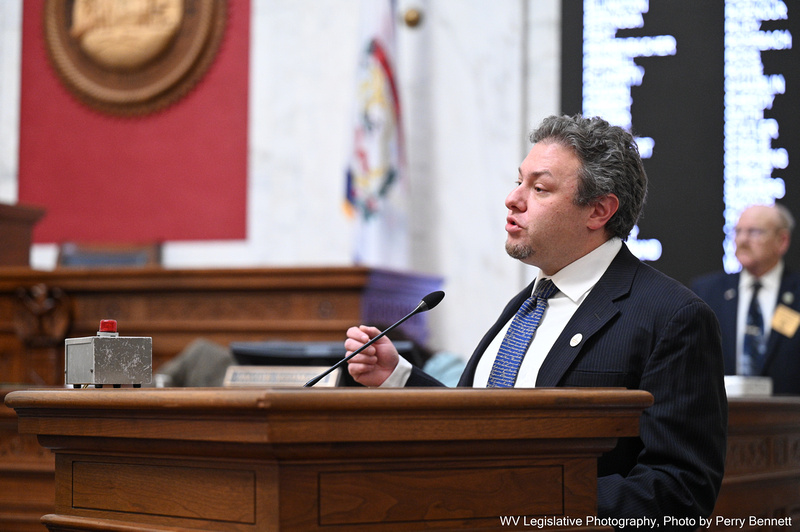Eli Baumwell
Last week, the West Virginia House of Delegates was home to a scene straight out of Saturday Night Live.
Several “church ladies” who could give Dana Carvey a run for his money got up in that austere chamber to read passages that ranged from oral sex to proper insertion of anal sex toys.
This surreal scene was compliments of a public hearing on House Bill 4654 — the latest sortie of the culture warriors against their greatest enemy: books. The specific mechanics of this bill remove protection against criminal prosecution for schools, libraries and museums for exposing minors to so-called “obscene material.”
Of course, this begs the question — just what is obscene? The most brilliant legal minds in U.S. history have struggled to figure that out, leading to the famous quote, “I know it when I see it.”
Over the years, various legal tests have been put forward, though none has really proven a perfect barometer. In general, courts look at several key factors.
Does the content have some redeeming value? Does it have historic, cultural, literary or artistic value? What is the main purpose of the work? Courts often look to see if it appeals to the “prurient interest”— in other words, is the main purpose to elicit sexual excitement?
Under these standards, nothing a school, library or museum would present in the normal course of their business is obscene.
Courts may also look to prevailing community standards. Although it’s worth noting that they use this approach cautiously. After all, who determines what standard of decency prevails in any given community?
Moreover, why should local standards trump the protections of the Constitution? Some examples put forth by censorship advocates might make the average person a little uncomfortable, but First Amendment protections are not overcome by squeamishness.
In fact, their tactics belie the weakness of their argument. They filter through thousands of books, to find the most extreme passages possible, and then present those passages out of context. Having only heard the passages read on the floor, one could be forgiven for thinking they were drawn from Penthouse.
But in context, you realize the sexual nature is not the purpose. One of the passages read on the House floor is an exchange of schoolyard banter that would be recognizable to most adolescents. Another passage came from a narration about navigating deep personal trauma. Two other passages are from sex education books that provide guidance to safe and healthy sexual exploration.
Yet, in all these presentations here in West Virginia, or in any of the ones across the country, for all the racy passages read, I have yet to see these people present an actual victim. Where are the people who inadvertently read material that was slightly too mature for their age and were irrevocably harmed by it?
Censorship can come in many forms. In the most extreme case, it may be actively destroying art and literature. But censorship is also restricting access. And it can be holding the threat of punishment over those who provide access to art, education and literature. And the problem with censorship is that once it becomes acceptable, where is the line?
The most brilliant legal minds may not have been able to come up with a clear and concise definition of obscenity, but they were smart enough to know that in order to preserve a free society, the threshold for what we censor must be very high.
That is precisely how it should remain.
** West Virginia Watch is a nonprofit media source. Articles are shared under creative commons license. Please visit https://westvirginiawatch.com/ for more independent Mountain State news coverage.

